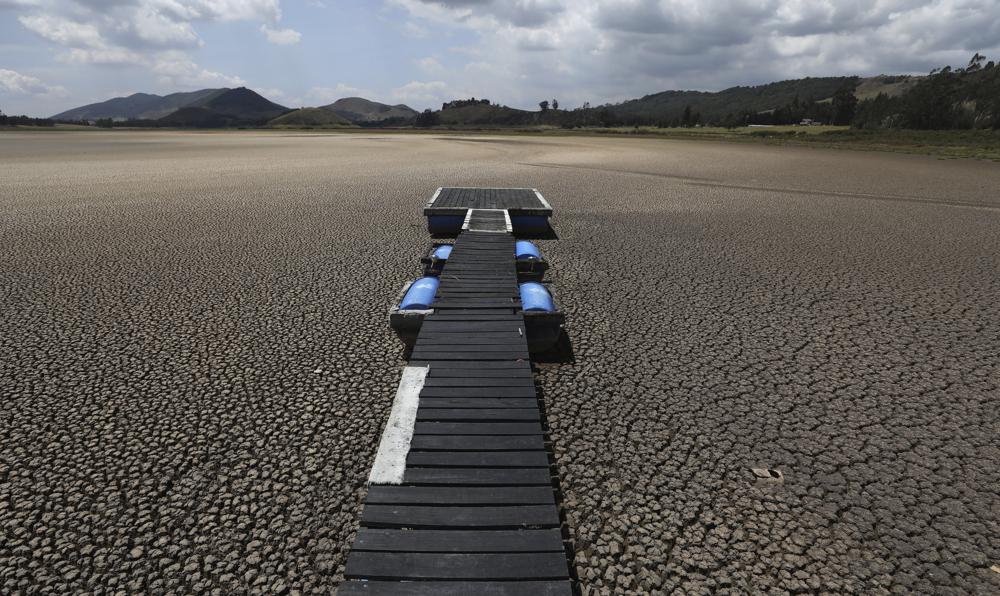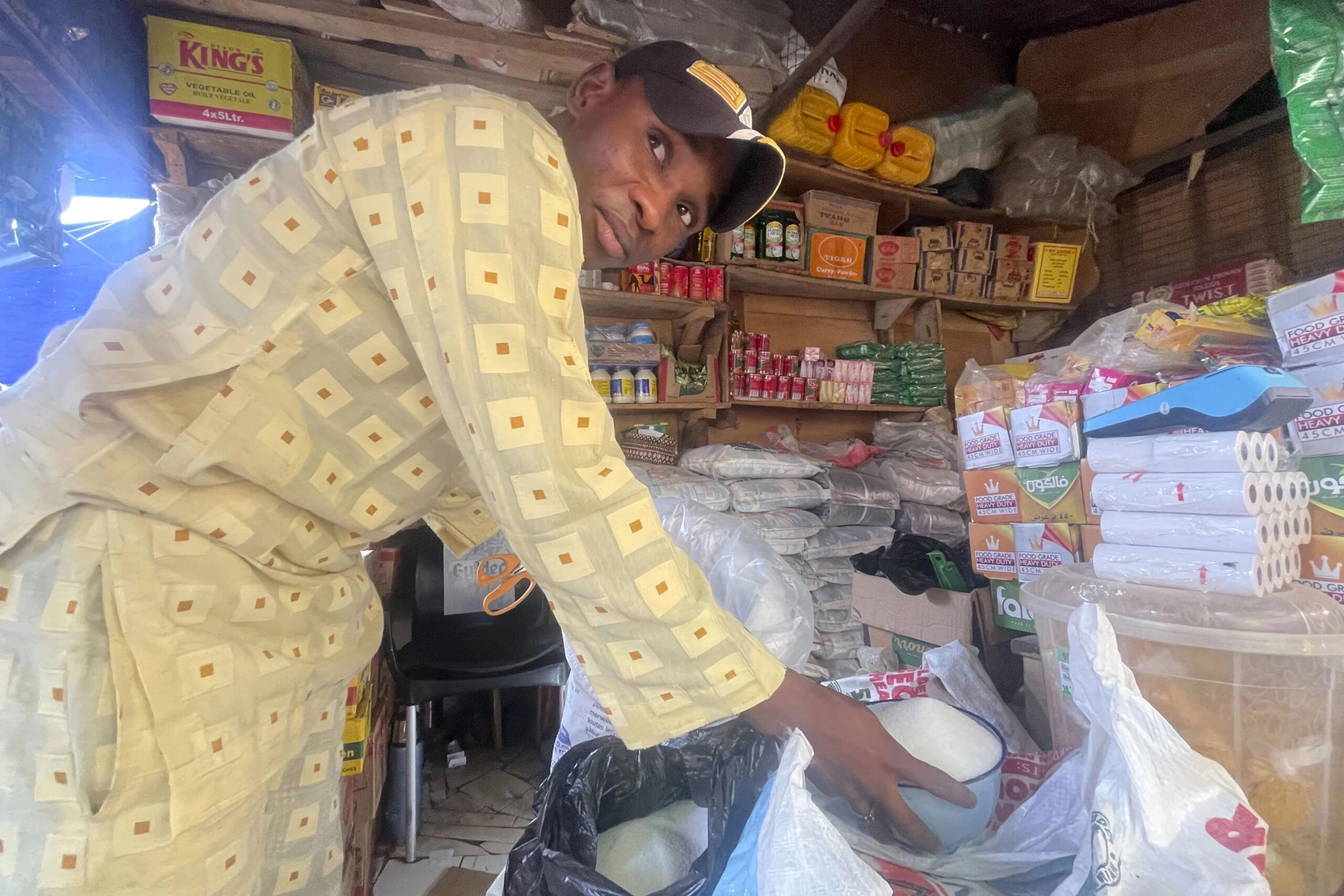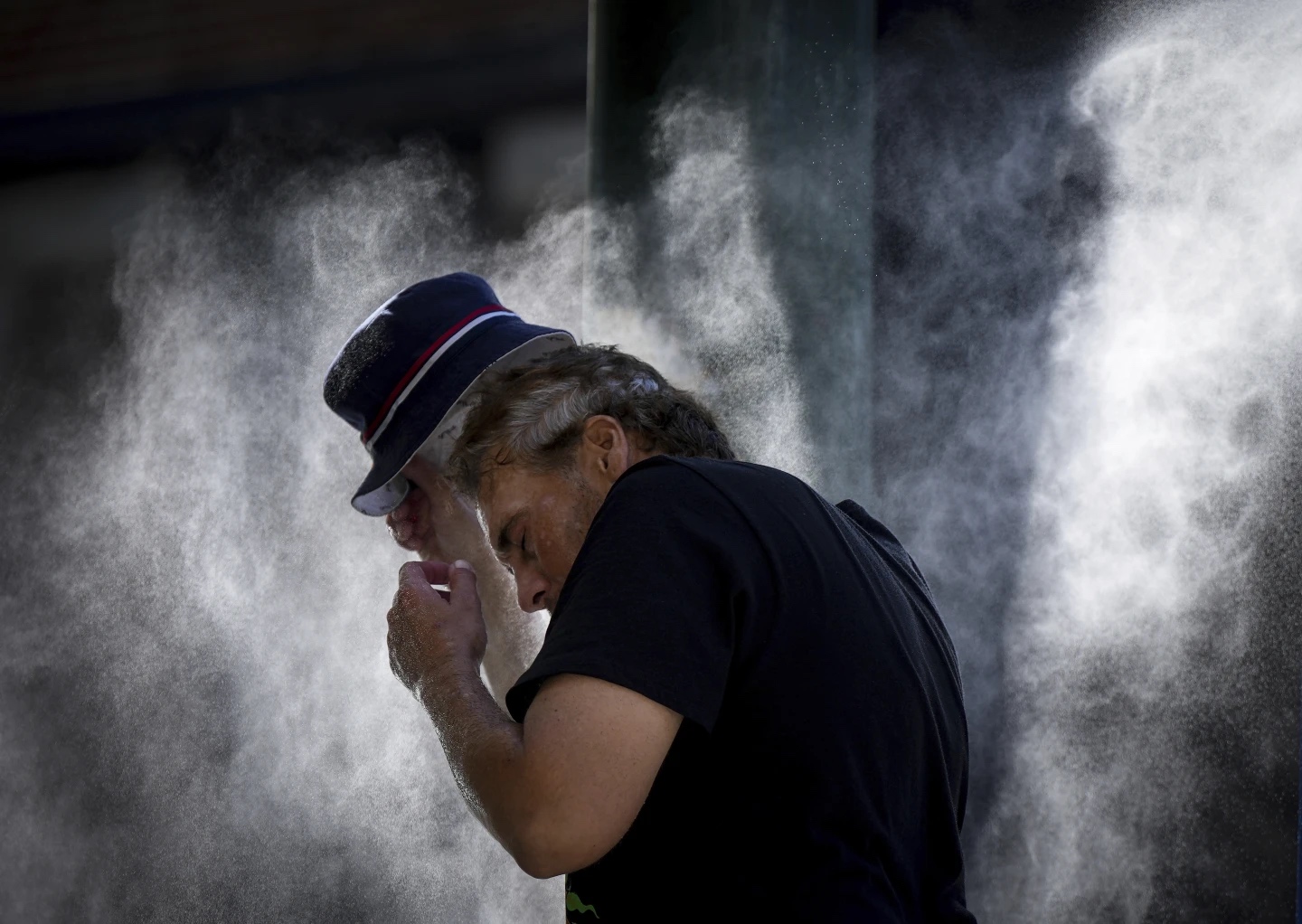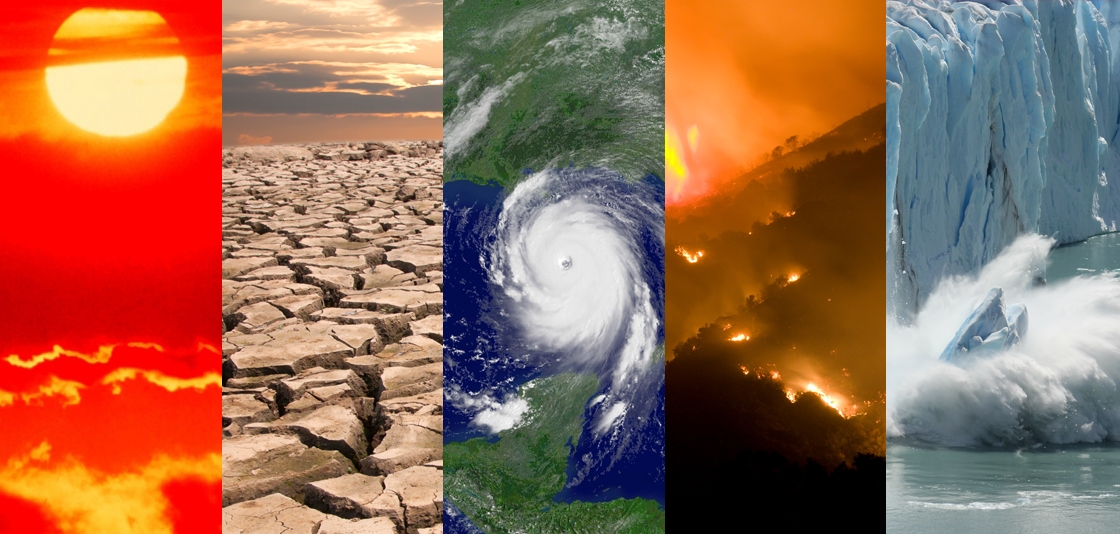As summer inches closer, it feels like the temperatures are already rising. While hurricanes or summer storms may catch the most attention, it is heat that people directly feel the most across the United States. One local climate policy advocate is educating community members on ways to stay cool, while also pushing for systemic changes needed to respond to increasing temperatures each year.
Ashley Ward is a climate policy associate at Duke’s Nicholas Institute for Energy, Environment and Sustainability. Among her areas of focus and research is extreme heat and its impact on Americans’ health and infrastructure.
2023 is expected to be an El Niño summer, which can bring an even more extreme swing in weather across the country. Ward says the east coast can expect more aggressive temperatures in the coming months and a shorter winter. She adds that while North Carolinians should focus on the immediate summer, she is already looking ahead to 2024 – which could be even warmer.
“Thinking about and preparing for a hot summer is a wise thing to do at this point – particularly the later part of the summer,” says Ward. “I also think we need to keep an eye on next summer. We’re talking is a potentially very hot summer this [year], but next summer will almost certainly be record-breaking.”

Ashley Ward is a senior policy associate for the Nicholas Institute for Energy, Environment & Sustainability.
As climate change contributes to increased temperatures and more extreme weather, Ward says she believes it’s critical to systemically prepare for better protection. When it comes to heat, she says it means local and state governments should consider ways to help residents avoid heat exposure and illnesses.
For infrastructure, that means updating older buildings or public spaces to withstand high temperatures or provide more efficient cooling methods. But Ward says she believes there’s a measure that could be even more important for governments to adopt: cooling standards.
“The state of North Carolina currently does not have cooling standards,” she says, “which means that public schools, public housing, rental homes are not required to be air conditioned or cooled. We do have heating standards, which means in the winter, they have to be able to be heated to a certain degree. We don’t have the same [requirements] for cooling.”
Ward says the impact of no such standards means some buildings have been, or could be, constructed without any air conditioning to cut costs. Statewide cooling standards would not only change that, but it would require air conditioning systems be effective enough to maintain a lower temperature.
Another systemic change Ward advocates for is more widespread education on how heat works and ways to cool down if people become too hot. North Carolina has a challenging climate to naturally stay cool because of its humidity.
“Typically, when we sweat outside,” Ward explains, “our sweat evaporates, and that process cools off our internal body temperature. When it’s really humid, though, there’s nowhere for that moisture to go in the air. So, the evaporative cooling process tends to be interrupted and not as effective.”
North Carolina’s varied economy also means there are several industries that require work outside in high heat. While it’s typically urban areas that report higher temperatures, Ward says it’s the more rural parts of the state that report more people falling ill from heat exposure.
“In North Carolina,” she says, “our rural populations are about seven to ten times more likely to have a heat-related illness [than urban populations], based on our emergency department visits in the state. And it’s mostly men ages 15-45. I think we need to be very careful when we think about planning, preparedness, education, and campaigns, that we reach all of our populations – especially those that are hard to reach in rural areas.”
While many people’s instincts are to seek out air conditioning when they’re feeling warm, Ward points out that it is more of a privilege than a consistent method of cooling down. For those who may worry about an energy bill during the hottest months, she suggests taking cool showers to lower internal body temperature or putting your feet into water. Ward also says on humid days or when there’s no breeze, using a motor-powered or hand-held fan can help mimic evaporative cooling.
But perhaps the most critical thing, the policy expert says, is to recognize when your body is getting overheated.
“[Watch out for] things like dizziness, nausea, if you notice that you’re not sweating, and your skin becomes dry and hot,” says Ward. “These are all indicators that your body is going through heat stress and that’s when it’s appropriate to take those [cooling] measures.”
To listen to the full conversation with Ashley Ward, visit the “Climate Thursday” archives.
Photo by Billel Moula.
Chapelboro.com does not charge subscription fees, and you can directly support our efforts in local journalism here. Want more of what you see on Chapelboro? Let us bring free local news and community information to you by signing up for our biweekly newsletter.











